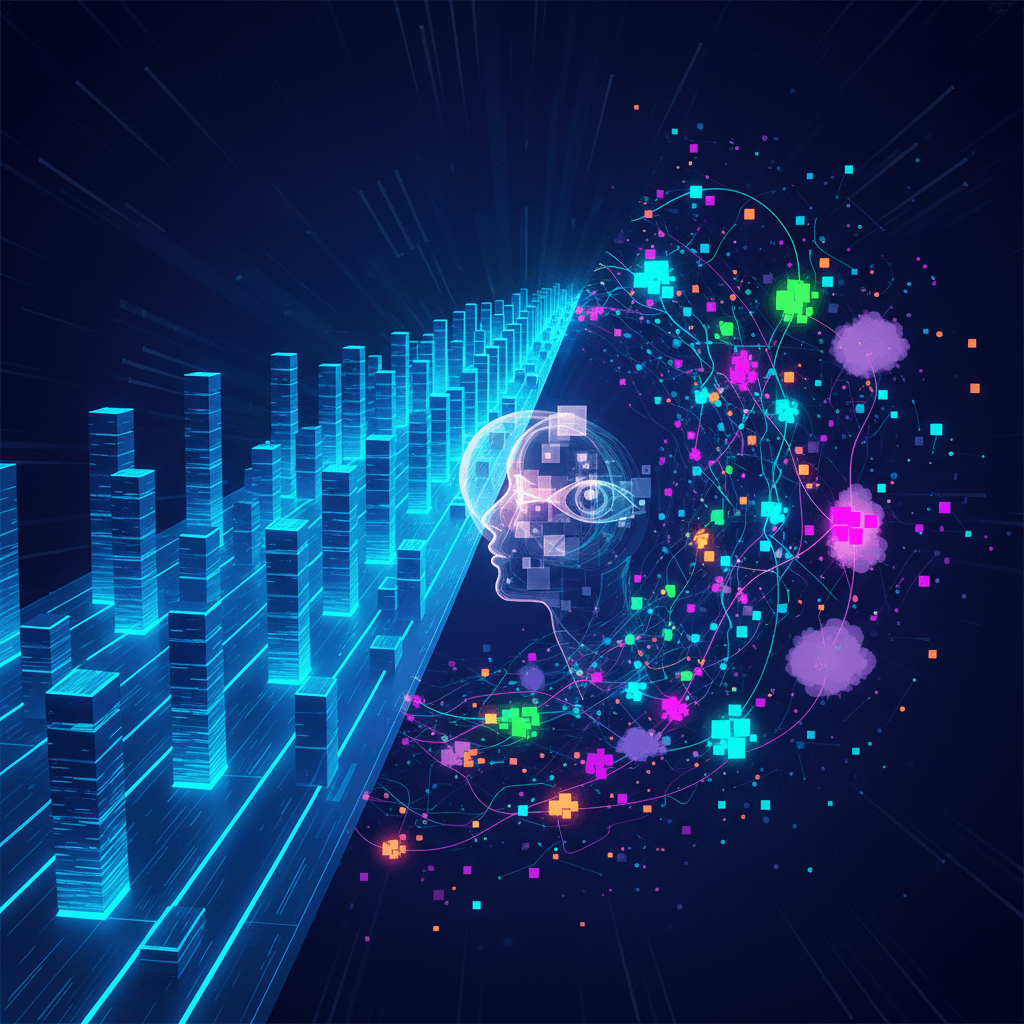AI Diverges From Google's Sources, Redefining Online Information and Authority
Beyond Google's top results: AI chatbots are forging a new information path, promising diversity but risking accuracy.
October 26, 2025

A fundamental shift is occurring in how information is sourced and presented on the internet, with generative AI chatbots increasingly diverging from the established paths carved by traditional search engines like Google. A detailed study from Ruhr University Bochum and the Max Planck Institute for Software Systems reveals that AI-powered search systems are not only consulting different sources but are frequently citing websites that fall well outside of the top results familiar to Google users. This divergence marks a significant evolution in information discovery, raising critical questions about visibility, credibility, and the very nature of online authority for the AI industry and content creators alike. The research highlights a growing ecosystem of information retrieval that operates in parallel to, and often independent of, the long-standing hierarchies of Google's search rankings.
The investigation systematically compared the performance of Google's organic search results against four distinct generative AI search systems, offering a clear lens into their differing methodologies. The researchers analyzed over 4,600 queries across a range of topics, including politics and science, to see how systems like Google's own AI Overview and OpenAI's GPT-4o models retrieve and present information. A striking finding from the study was the significant discrepancy in the sources cited by AI compared to what appears in top Google results. For instance, a remarkable 53 percent of the websites cited by Google's AI Overview were not present in the top 10 organic search results for the same query. Even more telling, 27 percent of the sources used by the AI were not found even within the top 100 Google results, indicating a substantial departure from conventionally ranked content. This trend was particularly pronounced in specific categories; for product and science-related questions, as much as 60 percent of the links provided by the AI came from these less-visible, lower-ranked websites.
This move towards a broader and more unpredictable set of sources has profound implications for the digital landscape. On one hand, it can be seen as a democratization of information, where smaller, niche, or newer websites that have not yet achieved high search engine optimization (SEO) authority can be surfaced and presented to users. This could allow for a greater diversity of voices and perspectives to enter the mainstream discourse. Some AI-powered search tools, like Perplexity, have been observed to intentionally prioritize expert sources and specialized review sites over traditionally dominant players. This curatorial approach could provide users with more focused and high-quality information, moving beyond the often-commercialized top results of standard search engines. The AI's ability to synthesize information from multiple sources and present a direct answer also fundamentally changes the user experience, potentially saving time and effort.[1] This shift prioritizes the relevance of the content itself over the SEO prowess of the website hosting it.
However, this departure from well-trodden sources also introduces significant challenges and risks. Traditional search engine rankings, for all their faults, provide a certain level of vetting; websites that consistently rank highly have often established a degree of authority and trust over time. When AI chatbots cite less-known websites, users may be exposed to content that has not been subjected to the same level of scrutiny, potentially increasing the risk of encountering misinformation, bias, or low-quality information.[2] Several studies have highlighted the persistent problem of AI chatbots providing flawed or entirely fabricated citations.[3][4] This issue of "hallucinated" references undermines the credibility of the AI systems and can erode user trust.[5] The lack of transparency in how these AI models select their sources, unlike the relatively more understood (though still opaque) algorithms of Google, makes it difficult for users to assess the reliability of the information presented. The responsibility for critical evaluation is thus shifted more heavily onto the user, who may not be equipped to distinguish between a credible niche source and a purveyor of inaccuracies.
In conclusion, the findings from the Ruhr University and Max Planck Institute study illuminate a critical juncture in the evolution of information access. The divergence of AI chatbots from the source hierarchies of traditional search engines is not merely a technical variation but a substantive change with far-reaching consequences for how knowledge is discovered, validated, and consumed. While this shift offers the potential for a more diverse and equitable information ecosystem, it also demands a more discerning and critical approach from users. For the AI industry, the challenge lies in refining these systems to enhance the accuracy and reliability of their sourcing, ensuring that the newfound diversity of information does not come at the cost of credibility. As users increasingly turn to AI for answers, the ability of these systems to responsibly navigate the vast and varied landscape of the web will be paramount in shaping a trustworthy and informed digital future.